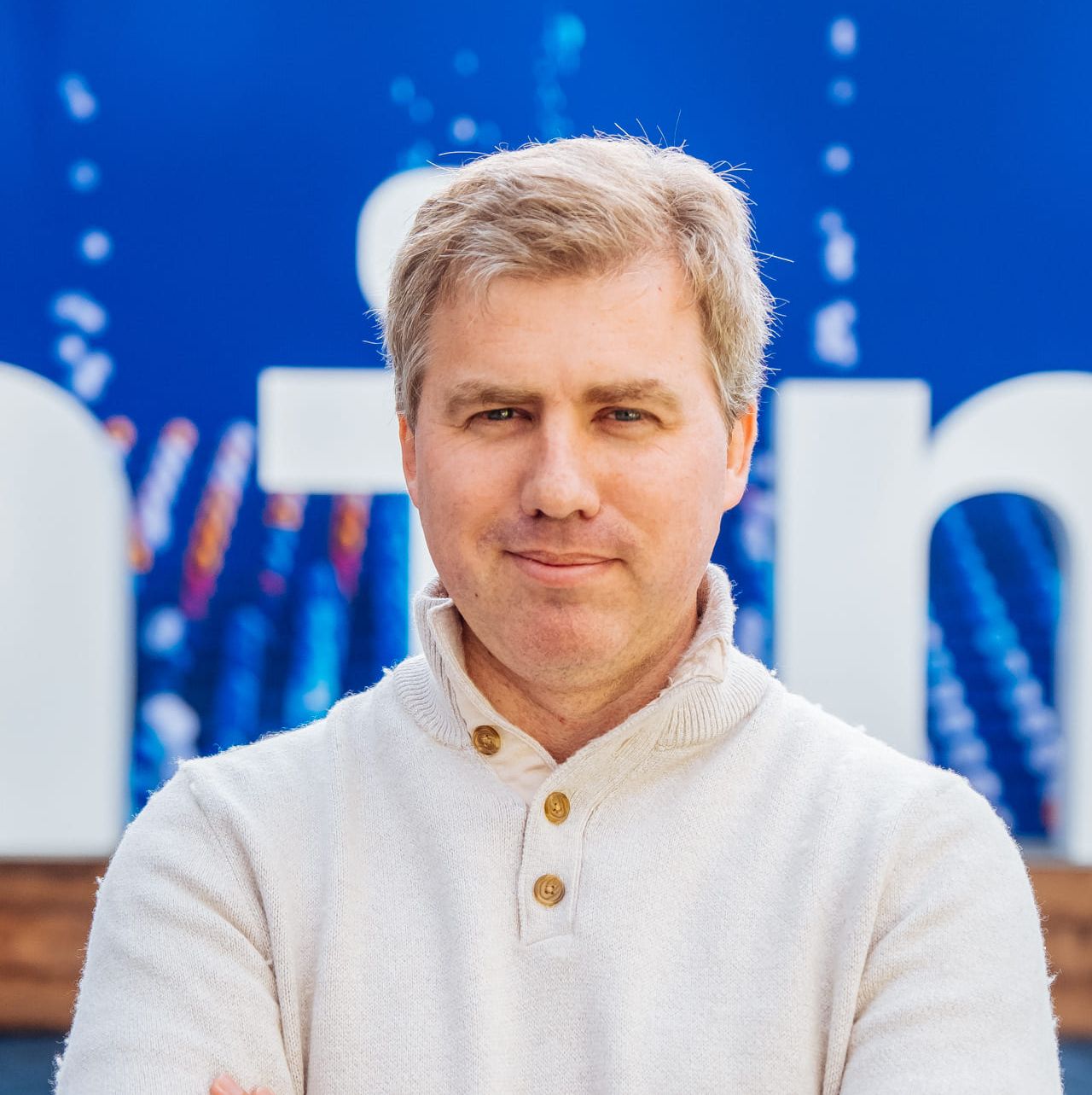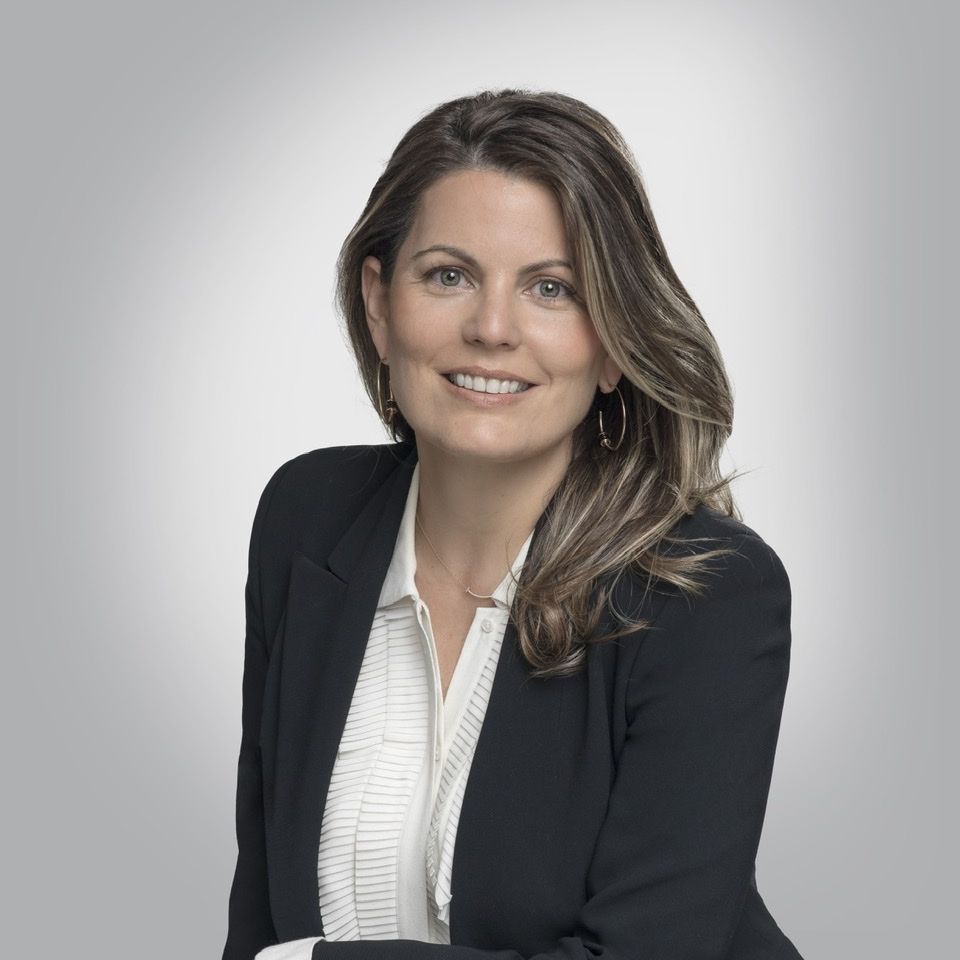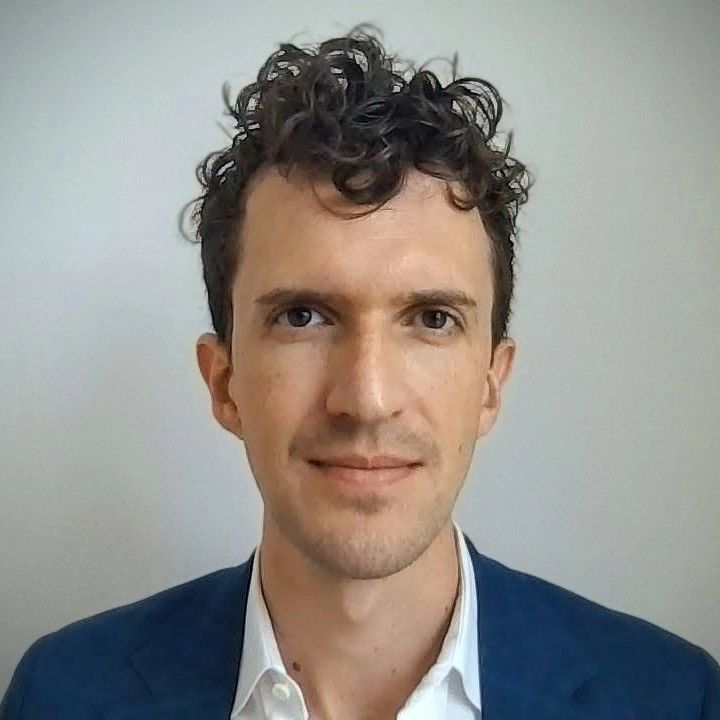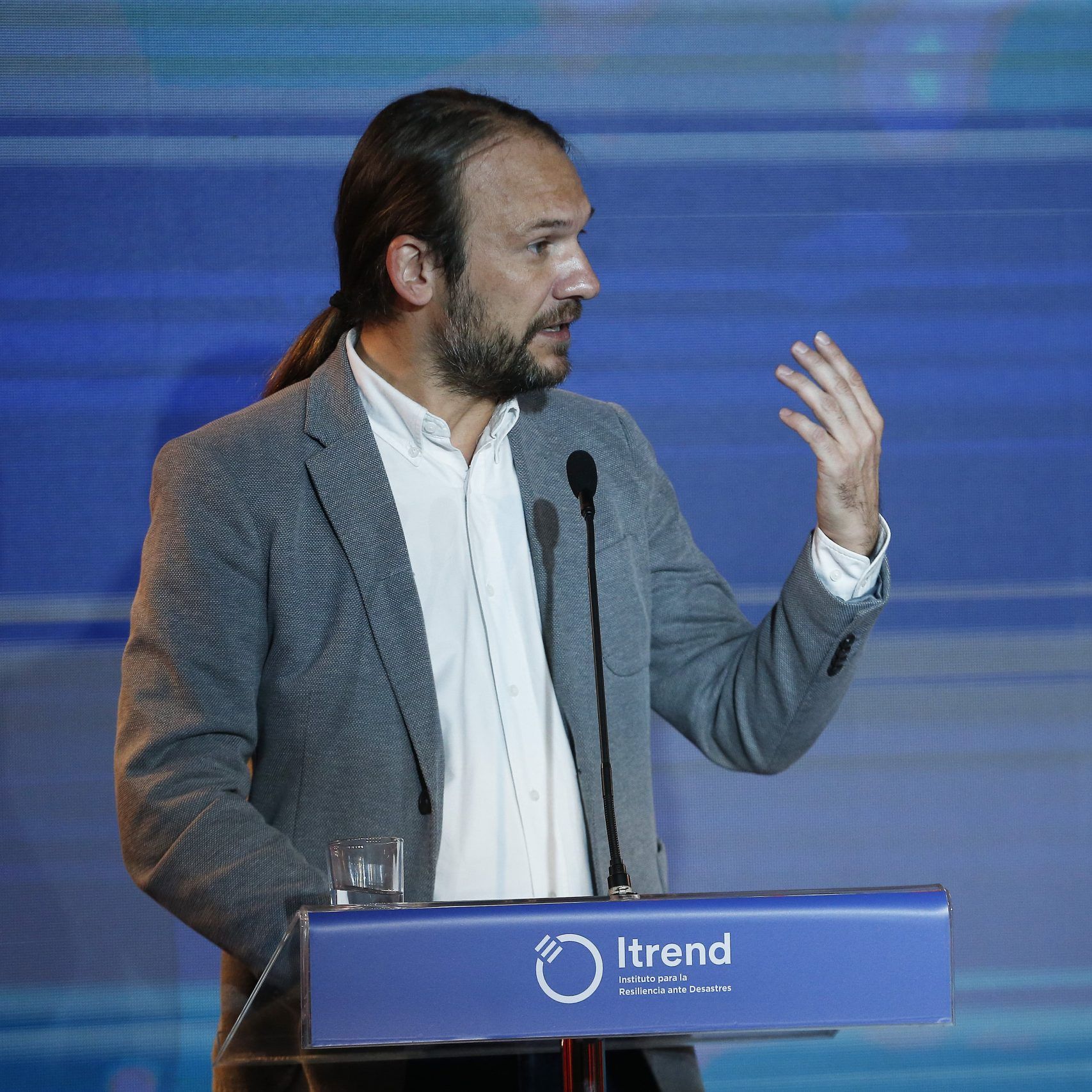
- Home
-
Who we are
- About Itrend
- Team
- Our history
-
Governance
-
What we do
- Contacts
-
Transparency
Noticias 27 Jan 2023
More than a hundred people participated in person in the event held at Icare on January 12. There were two main presentations, followed by two panels where initiatives were presented and various aspects of how artificial intelligence and other technologies are being used to address climate change, disasters and the challenges this presents were discussed. You can review what the keynote speakers had to say at this link.
A second objective of this event is to encourage discussion and promote joint work between different organizations and sectors. For this reason, in this article we wanted to collect the opinions that some of the participants gave "behind the scenes" about sustainability, new technologies, advances in climate change and several others. Along with this, at the end of the article you will find a photo gallery with the main images of the event.

Martín Hagelstrom, Offering IBM Solution LATAM
"In the case of utilities, there is a company in Chile that is using satellite images and Artificial Intelligence to identify the vegetation around their power lines, and thus be able to decide where they have to go to do pruning. This way they avoid forest fires, power outages, and on the other hand they reduce their carbon footprint. Because until now, the way they were doing this work, which is not very efficient, is to send trucks to do the pruning. Now they can make a more efficient use of their resources and that generates less emissions (...) I think the key is to find those points where companies can generate efficiencies within their business, and at the same time improve their sustainability metrics. Those are the initiatives that are going to advance the most and the fastest".

Nayat Sánchez - Pi, director of Inria Chile
"Collaboration is vital in technology and in these global problems that can only be addressed multilaterally, because especially in technology and artificial intelligence there are many problems where science and AI itself are not yet mature enough. For example, we have the case of the Oceania project, artificial intelligence and mathematical modeling for understanding the ocean, which seeks to understand the symbiotic relationship between the ocean and climate change, to better understand the ocean's capacity to capture carbon and preserve oxygen, and therefore help climate change, and how we can extend that capacity. We are working with a large interdisciplinary team, with 30 researchers from France and Chile, led from Chile, where the University of Chile and the Catholic University participate".

Adrien Vogt-Schilb, IDB Climate Change Specialist in Chile
"The most important thing Chile has right now is the climate change framework law that came out in 2022. Because although the Ministry of Environment is in charge, climate change depends on companies and all sectors: transportation, water, agriculture. And what that law does is to say, "we as a country have to make net emissions by 2050 and a fully resilient economy." But we're not going to achieve that if everybody doesn't act. So the law mandates all the ministries to put together their own action plans, which they then have to implement to move forward on specific emission reduction targets, and to diagnose climate risks and ways to address them."

Fernando Hentzschel, Technological Capacities Manager Corfo
"In Corfo] We have a program, which is accompanied by a budget, specifically focused on sustainable productive development. This sustainable productive development has several components, the first one is decarbonization: we want to take charge of how late we have arrived to the effects of climate change. We have to work urgently on mitigation, especially in the energy transition scenario we are going through. Another component has to do with resilience in the face of the climate crisis we are experiencing, and there are a number of programs there as well. We have a good part of our budget focused on generating focused calls to solve or address this problem from all Corfo's management departments; we want to act as a whole".



